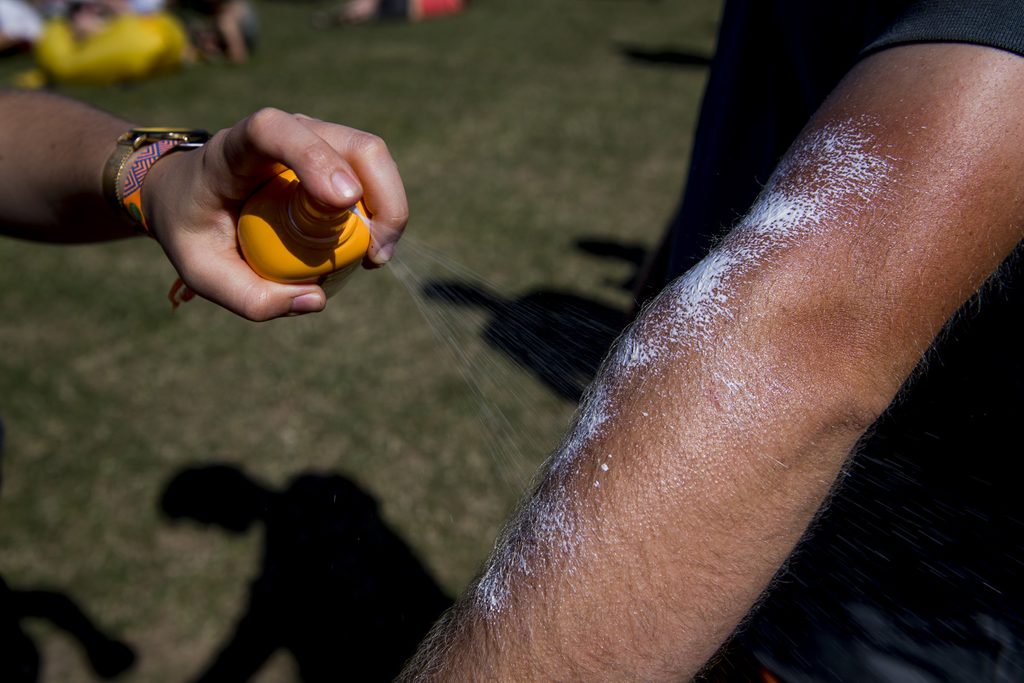Outdoor workers exposed to ultraviolet (UV) rays for extended periods are 77% more likely to develop squamous cell carcinoma, and have a 43% greater risk of developing basal cell carcinoma, the Cancer Foundation reported on Tuesday.
These are the two most common forms of skin cancer.
As the sunny days return, the Cancer Foundation is reminding people of the importance of protecting themselves from the UV rays of the sun or sunbeds, which are carcinogenic.
While melanoma is known as the most aggressive form of skin cancer, it remains the least common one in Belgium. According to figures from 2020, basal cell carcinoma, which is more common after the age of 45, accounts for almost 70% of skin cancers in Belgium while squamous cell carcinoma, which is more common in people aged 60 and over, accounts for almost 20%.
While they are less aggressive and have a better chance of being cured, these types of cancer are more likely to affect workers who stay outdoors for a long time. A Foundation study shows that people with long exposure to UV radiation are 77% more likely, compared to the general population, to develop squamous cell carcinoma. Their risk of developing basal cell carcinoma increases by 43%. Yet there are more than 14 million active outdoor workers in Europe, according to European Union figures for 2019.
The Cancer Foundation recalls its basic recommendations: stay in the shade as much as possible, wear protective clothing (shirt, hat, sunglasses), and apply high SPF sun cream. It also supports two research projects, at UCLouvain and KU Leuven, for an amount of €970,000, to reduce skin cancers.
The Foundation is also supporting the development of a new research programme for the prevention of skin cancer.

